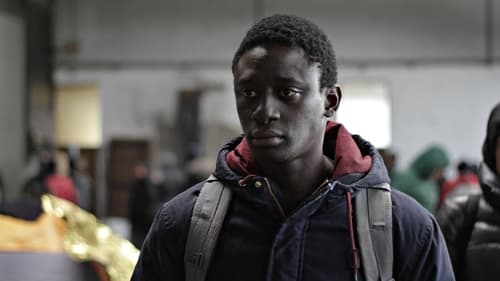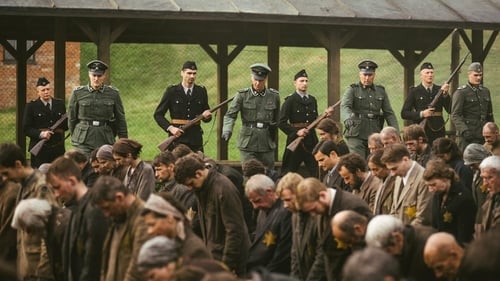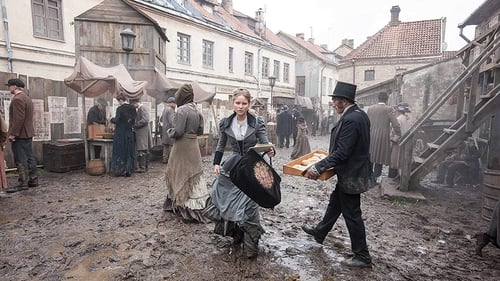
Makeup Artist
Strahinja and his wife Ababuo left Ghana with a dream of a better life in Europe. Instead of reaching the western part of the continent, they were deported back to Serbia. Strahinja has started to build himself a career, while Ababuo is unable to fulfil her ambitions and she feels increasingly frustrated. When she disappears one day, Strahinja sets out to find her… A crystal clear, humanistic story about the need to find one’s place in the world. It’s also a tale of love, the most profound testimony of which might also be the most painful.

Makeup Artist
国籍、貧富などは関係なく、ユダヤ人たちがガス室で大量殺りくされていったソビボル絶滅収容所。からくも存命しているユダヤ人たちの間では、密かに脱走を計画するグループがあったが、彼らにはその計画を牽引するためのリーダーが存在しなかった。そんな中、1943年9月、ソ連の軍人アレクサンドル・ペチェルスキーが収容者としてソビボルに送り込まれる。ペチェルスキーの統率能力とカリスマ性によって、収容者全員脱出を目指す壮大な反乱計画が本格的に動き出す。<第2次世界大戦下にナチスが建設したアウシュビッツと並ぶ絶滅収容所ソビボルで起こった脱出劇を、実話をベースに描いたドラマ。ロシアの国民的俳優コンスタンチン・ハベンスキーが自らの脚本で初メガホンをとり、映画監督デビュー。同時にペチェルスキー役で主演も務めた。クリストファー・ランバート、ミハリナ・オルシャンスカ、マリア・コジェーブニコワらが顔をそろえる。>

Makeup Artist
Radio Free Europe, BBC, and Voice of America can only rarely get through the Iron Curtain and Soviet mufflers to Lithuania, a country torn by a war between the local resistance movement and the Soviet regime that is forced onto Lithuanian people by bayonets of the Russian army. Everybody who tries to resist the Soviet rule is either terrorized or executed or exiled to Siberia. He is one of the local high-school students who witness the local armed resistance to the Soviet occupation and ultimately decide to join it by taking a gun into their hands. He collects documents and all possible kinds of evidence that prove daunting crimes of the Kremlin. He soon becomes a legend among his peers. To girls, he is John Wayne the Hollywood Icon. Guys see him as an insurmountable obstacle and an invincible rival in matters of love.

Makeup Artist
A serial killer walks the streets of Whitechapel, London, attacking and killing women, which later came to be known as the 'Whitechapel murders' stretching from 3 April 1888 to 13 February 1891 included in the London Metropolitan Police Service Investigation.


